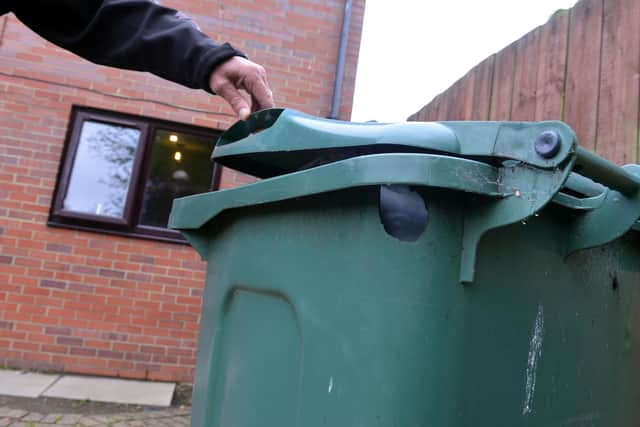Record level of household waste produced by residents in the East Riding, new figures show


Environmental charity Keep Britain Tidy is urging people across England to try and reduce their packaging waste ahead of Christmas, after figures showed a rise in the amount of household rubbish generated nationally in the first year of the pandemic.
Department for Environment, Food and Rural Affairs data shows East Riding of Yorkshire Council collected an average of 532.4kg of household waste per person from homes in the area in 2020-21 – the equivalent of around 133 family-sized turkeys each.
Advertisement
Hide AdAdvertisement
Hide AdThat was up from 499.7kg the year before, and the most waste per person since comparable records began in 2008-09.
East Riding residents were more wasteful than the average person across England last year – 420.6kg of household waste was collected per person nationally on average, compared to 407.3kg in 2019-20.
Allison Ogden-Newton OBE, chief executive of Keep Britain Tidy, said over 100,000 tonnes of plastic waste is generated on Christmas Day across Great Britain, and 1 billion cards are thrown away.
She added: “We all have a part to play in making the changes that will limit global warming and stem the rising tide of plastic that is choking our oceans. We must do better.”
Advertisement
Hide AdAdvertisement
Hide AdResources and Waste Minister Jo Churchill said local authorities faced unprecedented challenges to keep rubbish collections running during the pandemic
She added: “Recycling and reusing more of our waste is key to helping us protect the environment for future generations. Despite a highly challenging year, less than 8% of local authority collected waste went to landfill, while food waste recycling from households increased by 12%.”